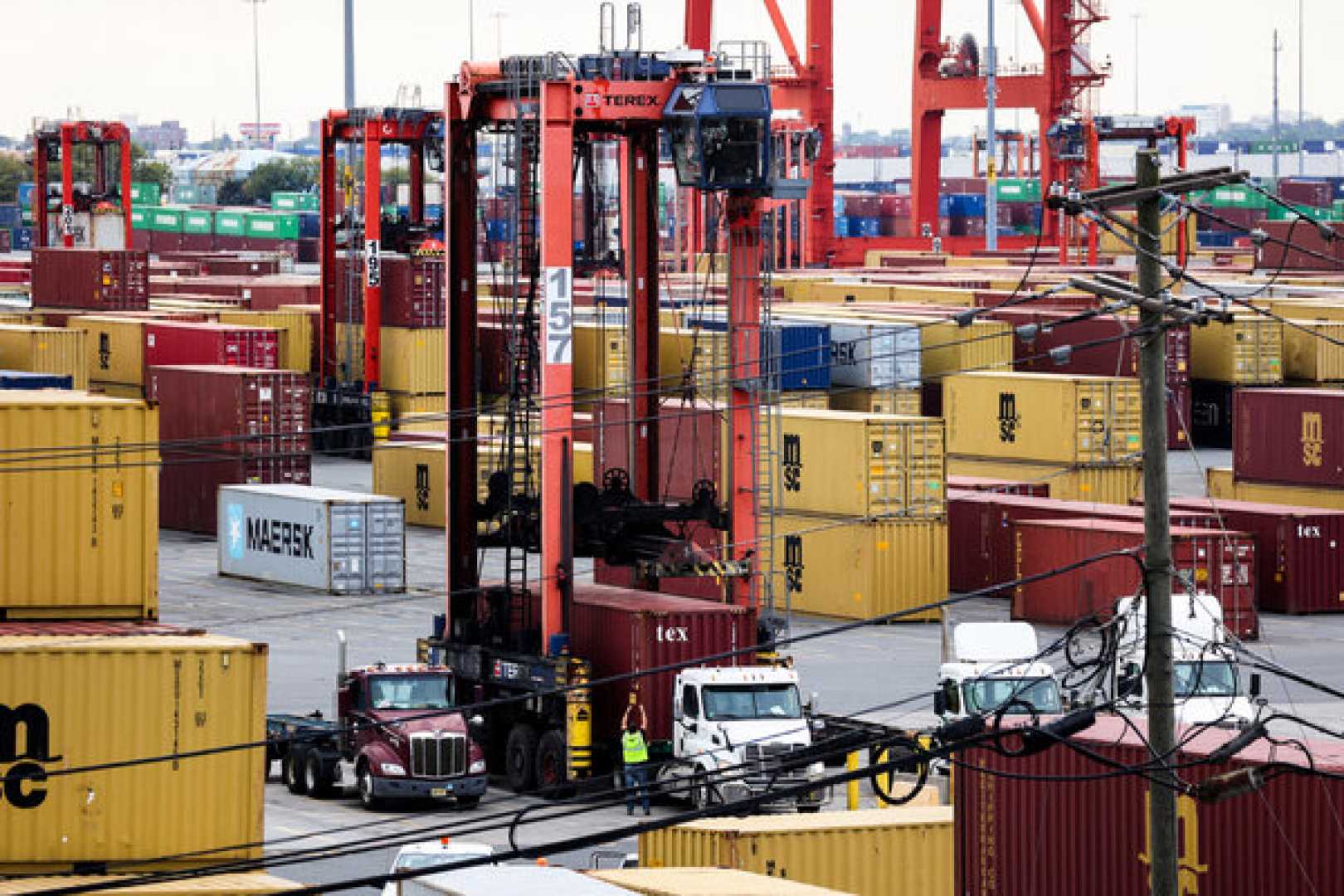Business
East and Gulf Coast Ports Avoid Strike with Tentative Labor Deal

A potentially crippling strike along America’s East and Gulf Coasts has been averted after the International Longshoremen’s Association (ILA) and the United States Maritime Alliance (USMX) reached a tentative six-year labor agreement on Wednesday. The deal, announced jointly by both parties, prevents a strike that was set to begin on January 16, 2025, and ensures the continued operation of 14 major ports from Maine to Texas.
The agreement, which still requires ratification by union members, addresses key issues such as wages, automation, and job security. It builds on a previous wage deal reached in October 2024, which included a 10% pay increase in the first year and a 62% raise over the six-year term. The latest agreement also resolves disputes over automation, a major sticking point for the union, which feared job losses due to technological advancements.
According to a source familiar with the negotiations, the deal allows for semi-automation, enabling the use of technology like cranes that can perform some tasks without human involvement. However, the contract guarantees that any new technology will come with associated union jobs, addressing the ILA’s concerns about job displacement. The source added that fully automated systems remain excluded from the agreement.
In a joint statement, the ILA and USMX described the agreement as a “win-win” that protects current jobs, modernizes ports, and strengthens supply chains. “This agreement creates ILA jobs, supports American consumers and businesses, and keeps the American economy the key hub of the global marketplace,” the statement read.
The negotiations had been closely watched due to the potential economic impact of a strike. The ports involved handle a significant portion of the nation’s imports and exports, and a work stoppage could have disrupted supply chains and exacerbated inflation. President Joe Biden declined to intervene during the October strike, and President-elect Donald Trump expressed support for the union’s stance on automation, criticizing foreign-owned shipping companies for prioritizing machinery over workers.
The tentative agreement ensures that operations will continue under the current contract until both sides hold ratification votes. No dates have been set for these votes, but the deal marks a significant step toward resolving long-standing tensions between labor and management in the maritime industry.












